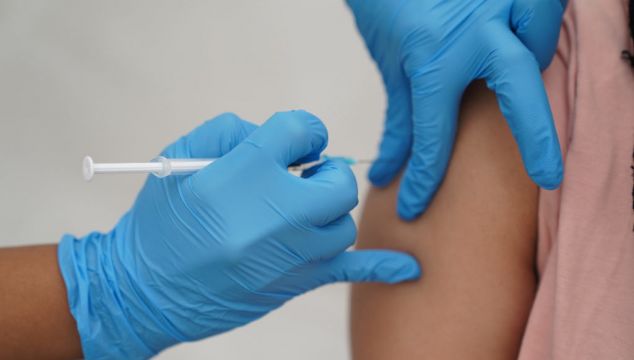Immunology expert Professor Paul Moynagh has called for people who received the one dose Janssen vaccine to be prioritised in the booster campaign.
Speaking on Newstalk Breakfast, the director of the Kathleen Lonsdale Institute for Human Health research at Maynooth University said that the level of protection for this cohort was now “down to zero”.
"That is the group that requires boosters to give them some protection against infection," Prof Moynagh commented.
He said that public health should prioritise that cohort. According to Prof Moynagh, he had great sympathy for young people who had been specifically mentioned by the chief medical officer in a call for the public to reduce social contacts.
Cases among different cohorts had peaked at other times, he explained. Previously it had been young school children, now it was young adults. This further strengthened the case for them to be boosted, he said.
When asked if it was likely that a fourth dose would be required as was happening in Israel, Prof Moynagh said that it could be necessary in the future to have a booster vaccine every three to four months. “That could be a reality.”
“We have to ask the question, what are we trying to achieve?”

Even two doses provided some immunity against serious illness, he said, the booster was needed to fight infection. The bar had been set high for vaccines, people expected them to provide permanent protection against infection, but that was difficult to achieve with a respiratory virus like Covid, explained Prof Moynagh.
Mild infection might become the new norm, he added.
Omicron case numbers would continue to increase, he warned, but it was still unknown what the impact on hospitalisations would be.
Data from South Africa indicated that it was an upper respiratory infection which was “good news”, he said, as lower respiratory symptoms “cause damage.”







